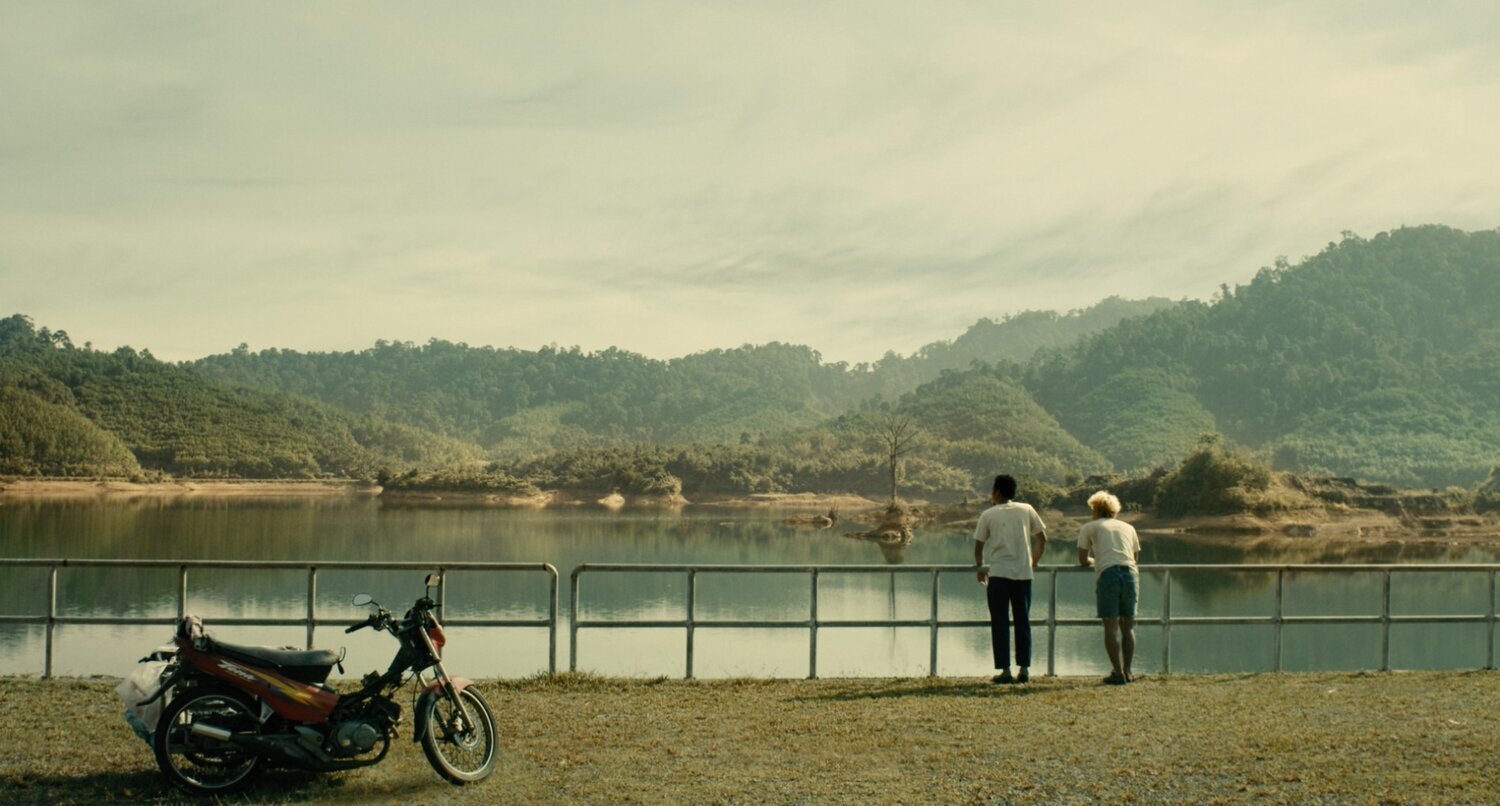August: New Asian Voices
August: New Asian Voices, FLMTQ Releases 200-203
During the month of August Filmatique presents New Asian Voices, a panorama of acclaimed works from various nations in East and Southeast Asia.
Phuttiphong Aroonpheng's haunting debut Manta Ray addresses the Rohingya refugee crisis, refracted through a story of friendship along the Thai-Myanmar border; Chinese master Jia Zhangke's Mountains May Depart traces reverberations of tradition, displacement, and love across generations. Seong-hun Kim's propulsive thriller A Hard Day sweeps the spectator through perilous avenues of intrigue and corruption in contemporary South Korea—Filipino director Lav Diaz's prodigious The Woman Who Left navigates currents of redemption and revenge through the richly allegorical tale of a woman wrongfully accused.
These films share common tendencies, dwelling in spaces of connection amid a rapidly modernizing yet increasingly polarized world. Here, the notion of time becomes elastic, morphing to its circumstances—suspended in the mangrove forests of coastal Thailand, in fleeting moments of recognition between strangers in the Philippines; or pulsing relentlessly forward through a modern South Korean cityscape, across the span of oceans and continents as a mother longs for her son. Filmatique's New Asian Voices series examines the shifting boundaries of family, identity, gender, and power through the eyes of some of contemporary cinema's most innovative auteurs.
//
Manta Ray, Phuttiphong Aroonpheng (2018)
Manta Ray, Phuttiphong Aroonpheng / Thailand-France-China, 2018
Under the cover of night, a fisherman wades through a labyrinth of mangrove roots, gems gleaming in the moonlight. He collects these stones to toss into the sea, where they attract manta rays. One evening he makes a startling discovery—an injured man, lying unconscious, submerged in mud. The fisherman returns to his small coastal hut and nurses this stranger back to health. The man does not speak, so the fisherman names him Thongchai, after a popular Thai singer. Soon, however, the fisherman disappears—drifting through the town, Thongchai gathers no leads. The arrival of the fisherman's estranged wife adds new layers of intrigue to Thongchai's tenuous process of assimilation.
A richly sensorial experience imbued with immersive soundscapes, evocative visuals, and stirring performances from its non-professional actors, Manta Ray explores salient topics of identity, friendship, and loss within the context of one of the most pressing humanitarian issues of our time—the Rohingya refugee crisis. Phuttiphong Aroonpheng's feature debut premiered at the Venice International Film Festival, where it won Best Film - Orizzonti; Mumbai, where it won the International Competition; Cairo and Thessaloniki, where it won Best Director; and Zagreb, where it won a Special Mention.
Mountains May Depart, Jia Zhangke (2015)
Mountains May Depart, Jia Zhangke / China-France-Japan, 2015
Tao, a young shopkeeper in Fenyang, is at a crossroads—she is torn between two suitors, one of whom she loves, the other of whom is wealthy. Ultimately she marries Jingsheng, hoping to escape her provincial existence. Fifteen years later, Tao is divorced but well-off, managing her ex-husband's lucrative business in Fenyang. Jingsheng has since remarried and moved to Shanghai, taking their 7-year-old son, Daole, with him. While they remain distant, Tao strives to carve out a space for herself in Daole's life. Ten years later, this drift between mother and son is still apparent, as Daole returns from his studies in Australia to Fenyang, where his mother is still waiting.
A sweeping portrait of love across generations, Mountains May Depart surveys in intimate strokes the repercussions of technology, modernization, and global capitalism on contemporary Chinese society. Acclaimed filmmaker Jia Zhangke's eighth feature premiered at the Cannes Film Festival, Karlovy Vary, and Rotterdam; Miami, where it won a Grand Jury Prize; Beijing, where it won Best Director; and San Sebastián, where it won the Audience Award. Mountains May Depart is a New York Times Critics' Pick.
A Hard Day, Seong-hun Kim (2014)
A Hard Day, Seong-hun Kim / South Korea, 2014
Gun-soo, an off-duty homicide detective, is involved in a hit and run while driving home from his mother's funeral. Rather than calling the authorities, he panics, disposes of the body, and covers his tracks. A few days later at work, he notices a file on the unsolved case—another detective is making headway. When a witness to the accident steps forward, Gun-soo finds himself being blackmailed, and is soon entangled in a web of mystery and lies.
One of the highest performing films at the South Korean box office, A Hard Day is an expertly crafted thriller. This second feature from Seong-hun Kim—of recent Kingdom-fame—premiered at the Cannes Film Festival's Quinzaine des Realisateurs, Fantasia Fest, Calgary, Hawaii, Oslo Films from the South, and won three Grand Bell Awards, including for Best Director. A Hard Day is a New York Times Critics' Pick
The Woman Who Left, Lav Diaz (2016)





